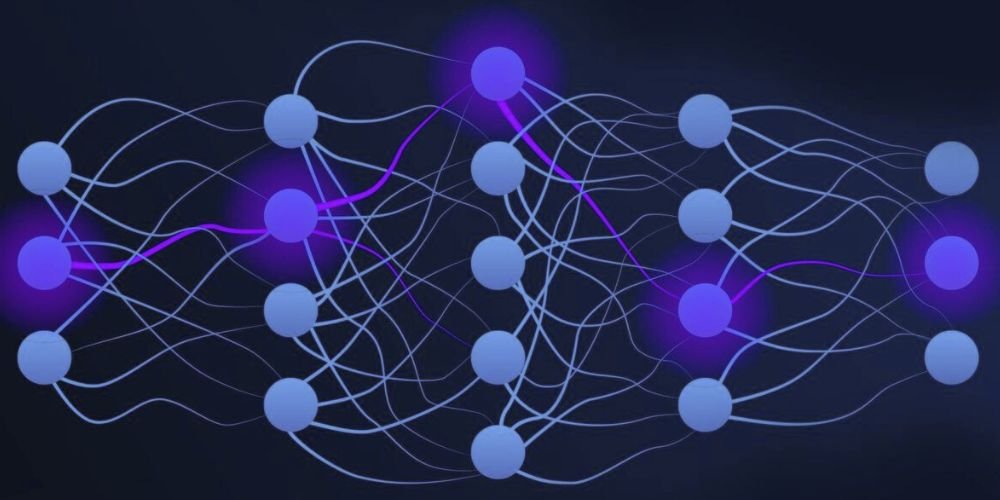Neural networks have become a cornerstone of modern artificial intelligence (AI), driving significant advancements across various fields. Inspired by the human brain’s structure and function, neural networks excel at tasks such as pattern recognition, classification, and prediction. This opinion piece explores the profound impact of neural networks, their applications, benefits, challenges, and future potential.
Revolutionizing Industries
Neural networks have revolutionized numerous industries, from healthcare and finance to entertainment and transportation. They enable precise diagnosis and personalized treatment plans by analyzing complex medical data. In finance, neural networks improve fraud detection and automate trading strategies. The entertainment industry benefits from enhanced content recommendation systems, while transportation advances with autonomous vehicles. These diverse applications underscore the versatility and transformative potential of neural networks.
Enhancing Decision-Making
One of the most significant benefits of neural networks is their ability to enhance decision-making processes. By learning from large datasets, neural networks can identify patterns and accurately create predictions. This ability is beneficial in fields like predictive maintenance, where early detection of equipment failures can save substantial costs. Moreover, neural networks improve customer experiences by powering chatbots and virtual assistants, providing personalized and efficient responses.
Driving Technological Innovation
Neural networks are at the forefront of technological innovation, enabling advances in AI and machine learning. They underpin deep learning algorithms that have set new benchmarks in image and speech recognition. The development of neural networks has led to breakthroughs in natural language processing (NLP), making interactions with AI systems more intuitive and human-like. As neural networks evolve, they likely drive further innovations in robotics, automation, and beyond.
Addressing Challenges
Despite their remarkable capabilities, neural networks present challenges that need to be addressed. One major concern is their black-box nature, which makes interpreting their decision-making processes challenging. This lack of transparency can be problematic in essential applications like healthcare and finance. Additionally, training neural networks requires significant computational resources and large datasets, which may not be accessible to all organizations. Efforts to develop more interpretable models and reduce computational demands are crucial to overcoming these challenges.
The Future of Neural Networks
The future of neural networks is promising, with ongoing research to overcome current limitations and expand their applications. Advances in quantum computing can revolutionize neural network training, making it faster and more efficient. Also, hybrid models combining neural networks with other AI techniques could lead to more robust and interpretable systems. As neural networks continue to evolve, they will play an increasingly significant role in shaping the future of technology and society.
Conclusion
Neural networks have undeniably transformed various industries and driven significant technological advancements. Their ability to enhance decision-making and power innovative applications underscores their importance in modern AI. While challenges such as interpretability and resource requirements persist, ongoing research and development efforts will address them. The future of neural networks is bright, with the potential to unlock new possibilities and reshape our world.





